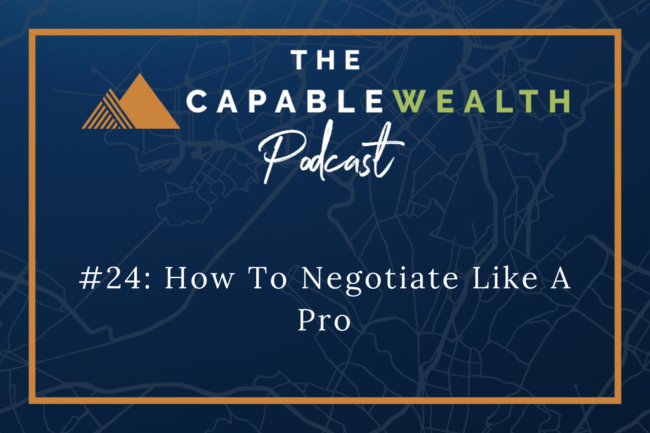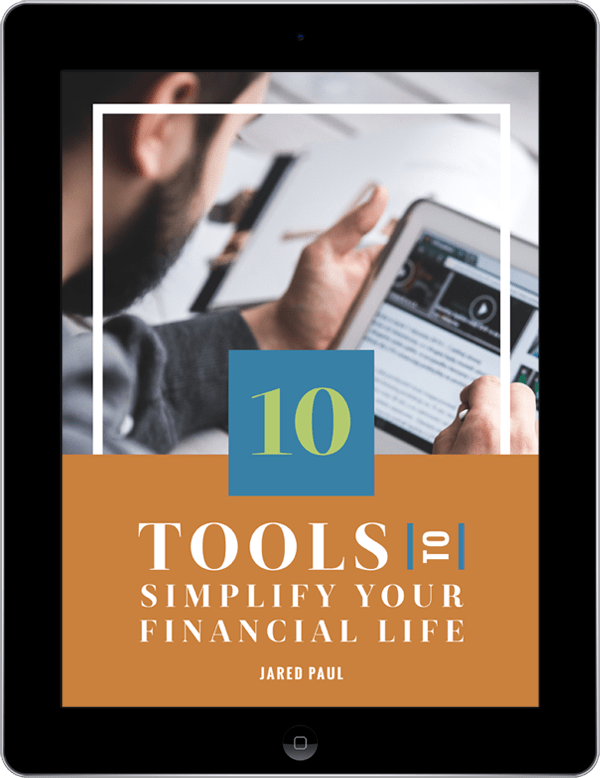I hate budgeting. I’ve said it on many occasions and I’ve even written about it (see here!).
I take no pleasure in pouring over all of my expenses and spending, and then coming up with a plan that places handcuffs on where and when I can spend my money. It just isn’t enjoyable for me.
That doesn’t mean it isn’t a valuable exercise for people to go through, myself included! But it just doesn’t provide me any joy.
So, when I recently found myself having a conversation about the need to budget with a couple that I created a financial plan for, I found it slightly ironic and funny.
HIGH INCOME ALLOWS FOR POOR DECISION-MAKING
This new client couple had come to me looking for help assessing their current financial situation and to gain guidance about their path forward. They are in a pretty good situation, but just weren’t entirely confident about where they stood, or what they needed to do in order to reach their goals.
When it came time for me to deliver their plan and my final recommendations it was a good conversation, until the topic of budgeting came up.
This couple doesn’t budget, at all. They save and invest, but it is completely haphazard.
Now, just the fact that they do both of those things already puts them ahead of the vast majority of Americans. So, it’s not as if I was telling them they are screwing up. But there was still reason to consider going through the actual numbers.
When you have a high income, it is easy to mask any deficiencies in your spending habits. Earning a good amount affords you the ability to not pinch pennies, and still be alright.
So, without even looking at all of their spending, I can safely say that there are probably plenty of areas for them to cut down.
I tried to articulate this on several attempts, but I kept receiving pushback from one of the individuals.
THE NEGATIVE STIGMA OF BUDGETING
One thing I realized is that this person has a serious bias against budgeting.
They grew up in a household that had to “tighten the belt” at times, causing them to put limits on spending in plenty of categories.
This was a way of living that this individual did not want to copy.
So, anytime the word “budget” came up, they immediately became defensive and pushed back.
A BETTER WAY – A SPENDING ANALYSIS
At around the 3rd time we were discussing budgeting, it hit me. I was doing a poor job of articulating what I was hoping they would do. Budgeting wasn’t the right word to describe it.
And right then and there it hit me, they needed to do a “spending analysis.”
This is simply compiling all of your spending over a previous timeframe in an effort to gain a better understanding of where your money is going.
The value of this is that we often find we’ve been spending a lot more in a particular category than we might have guessed. Or even worse, we might be incurring expenses that we didn’t even know.
I have a couple that I am close friends with. About a year ago they did a spending analysis and realized they were still paying for a number of subscriptions that they no longer used. $9 here, $14.99 there, and on and on.
It added up to close to $100/month that they were paying in random subscription fees.
All they had to do was go into those accounts and click “cancel,” and boom, an extra $1,000+ they were going to save in a year.
And right there is the value of a spending analysis. It isn’t about telling you what you can and can’t spend on – it’s about uncovering what you have been spending on so that you can make informed decisions moving forward. And at the very least, eliminate spending you no longer care about.
HOW TO DO A SPENDING ANALYSIS
So, your next question is likely: “How do I do a spending analysis?”
You can certainly go through all of your account statements and pull out all of the expenses, if you want to take FOREVER!
I recommend using an account aggregation tool like Mint.com where it will compile all of your expenses into one place and break them down by category.
There will be a bit of clean up for any expenses that don’t come through accurately, but it will be much less than doing it manually.
CHANGING YOUR MINDSET
The main point I’m trying to make by telling you this story is that sometimes you have to look at things from a different perspective.
Budgeting can be such a drag for so many. The idea of limiting their spending is in no way appealing.
But when you start to look at things from the perspective of a “spending analysis” you begin to understand it’s about empowerment and control.
So, if you aren’t going to set limits on all of the categories you spend on, at least understand where your money is going.
And for goodness sake, cancel those unused subscriptions!
Capably Yours,
Jared















